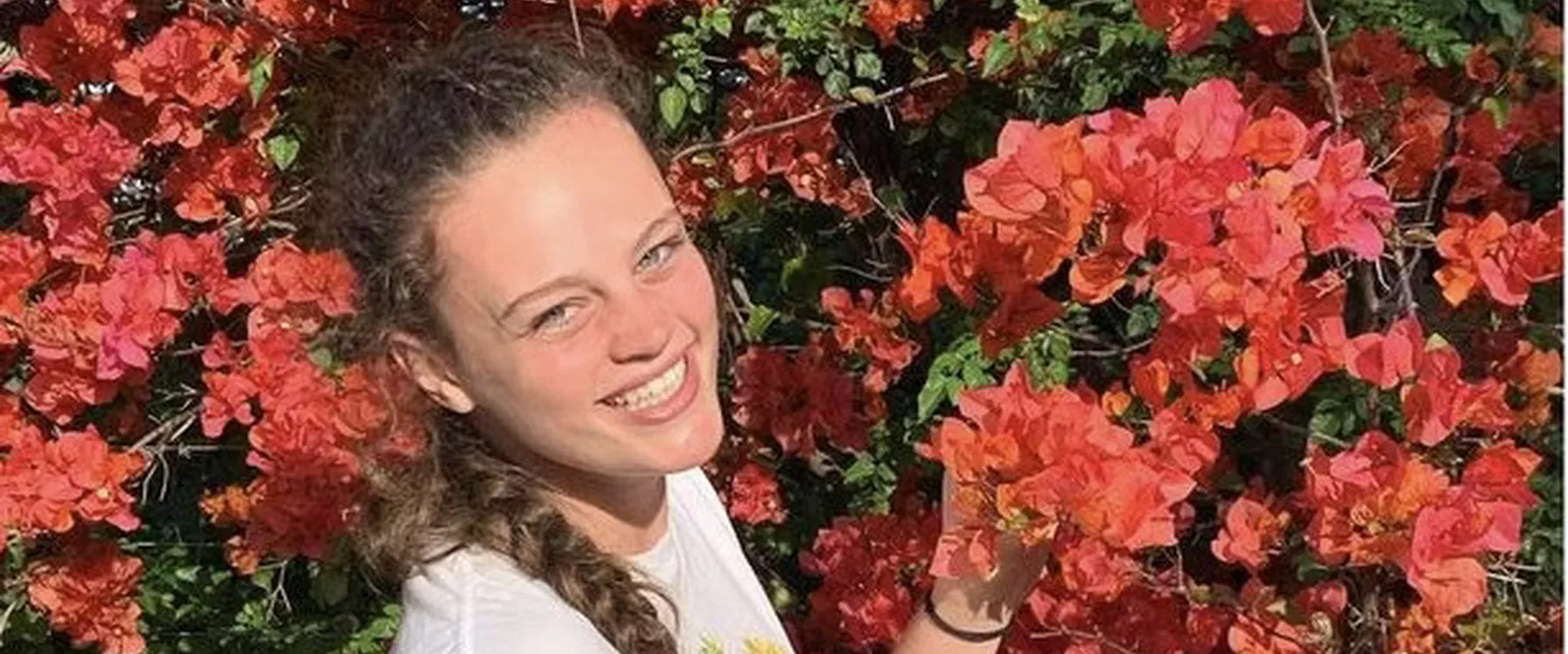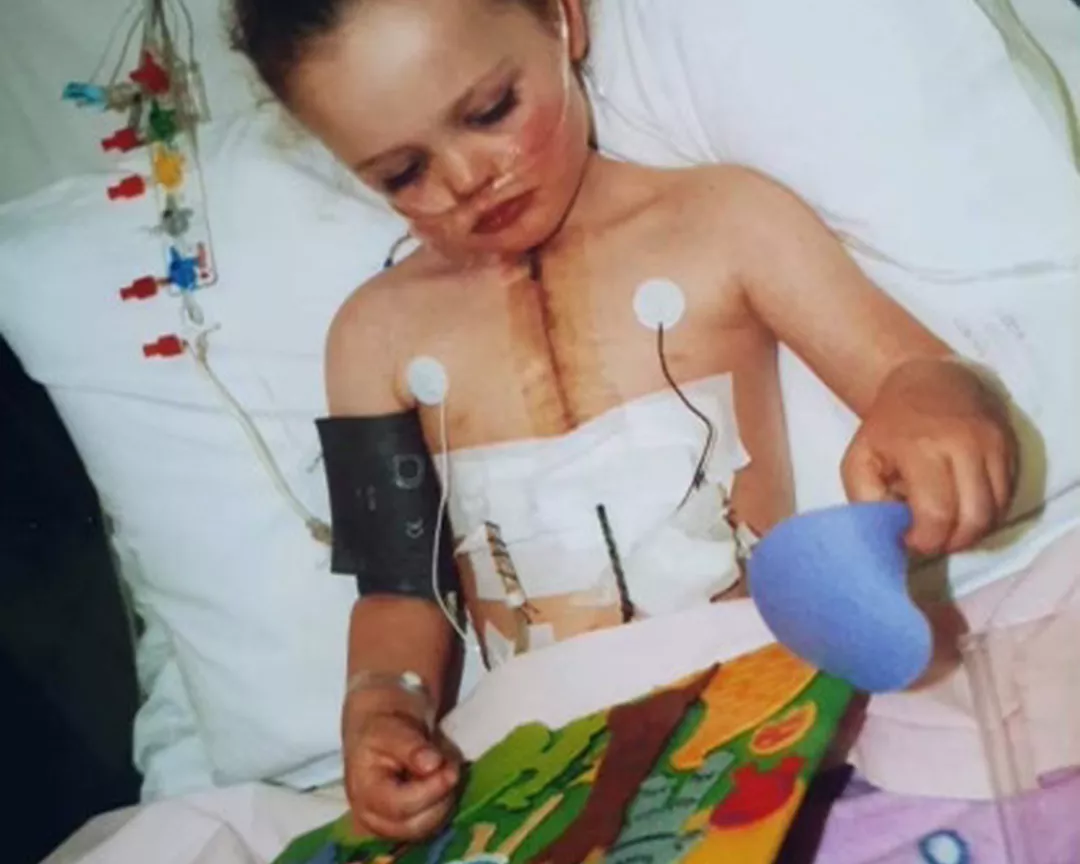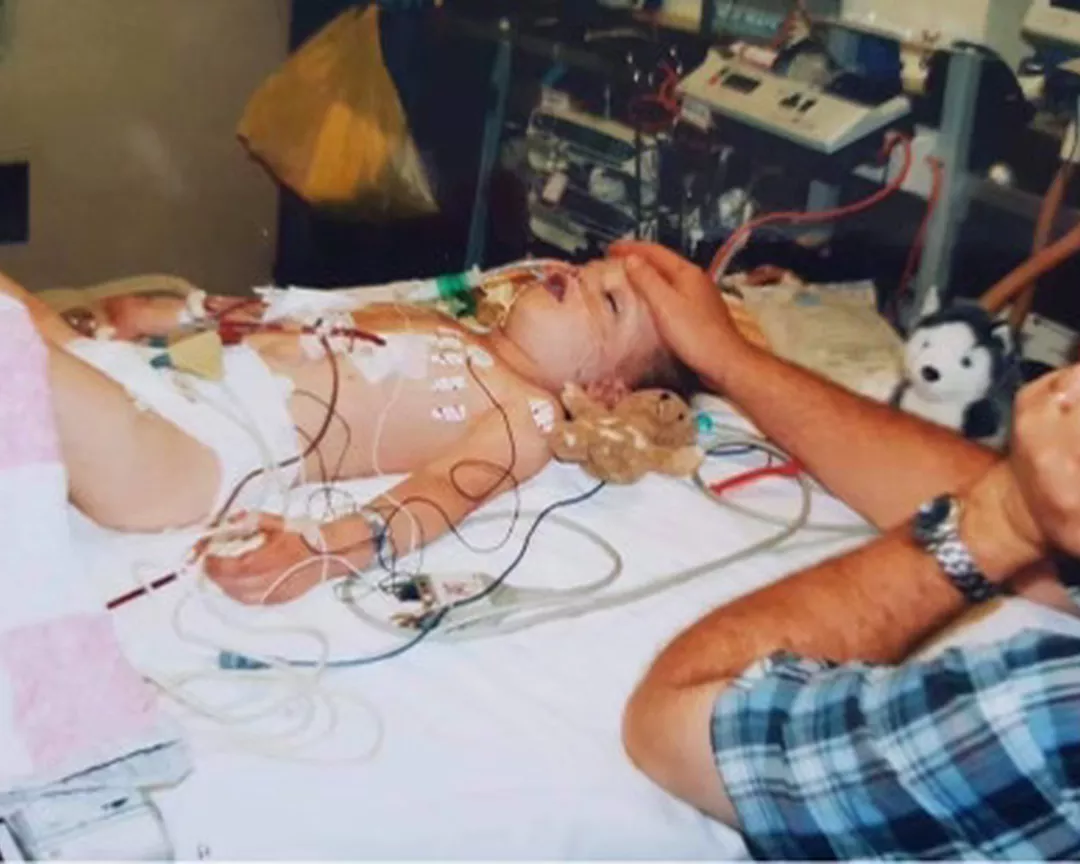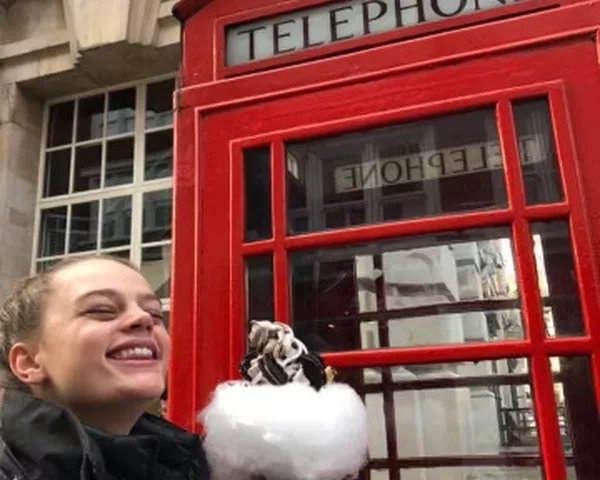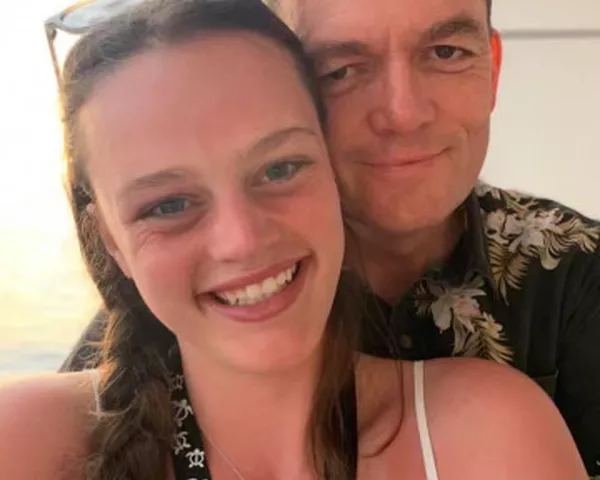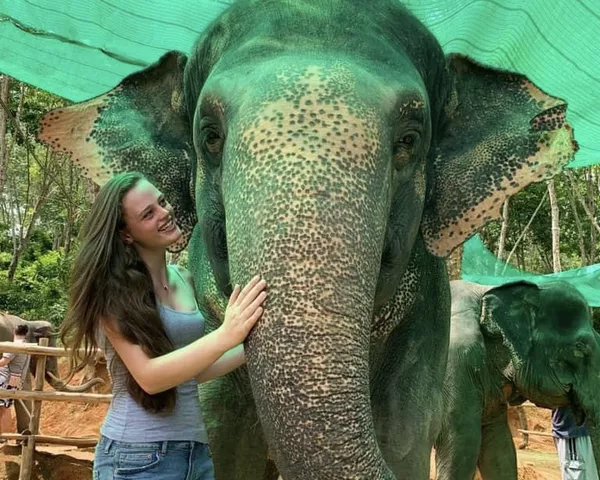“My heart condition is important to me as it’s something I have, but it’s not who I am.”
When Taylor was born just 22 years ago with hypoplastic left heart syndrome (HLHS), her mother was told she might not live. But after open heart surgeries at just three days old, three months old and then again at three years old, Taylor defied all doctors’ expectations by reaching birthday after birthday.
Now a university student, Taylor is one of the oldest survivors of HLHS and a pioneer in this devastating congenital heart condition that sadly claims so many lives.
Growing up, Taylor often heard she shouldn’t attempt things due to her heart. But her incredible mum and family, who always helped mentally prepare her for her operations and heart tests, never tried to keep her in bubble wrap. Taylor was gently encouraged to still be a kid – to play and push her boundaries – helping her become a curious tomboy who climbed trees and kept up with other kids whenever she could.
Her supportive family has led to her strong mindset and helped her become who she is – to see beyond her condition and not let it define her.
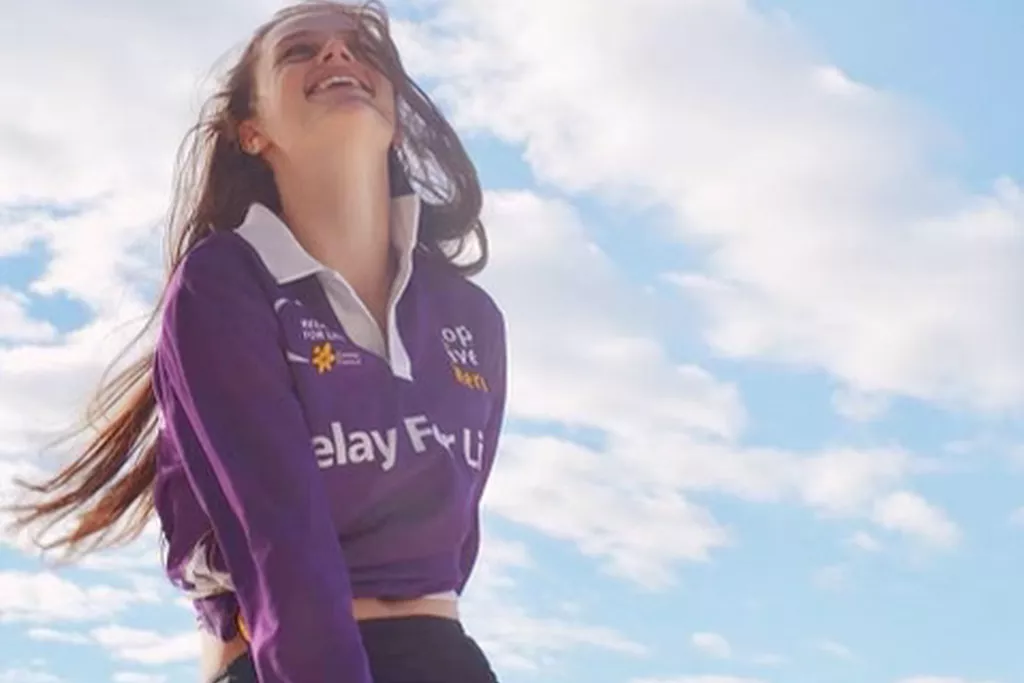
“I mean, that’s like saying I’m just a person with blue eyes.”
With the advances in congenital heart disease care, Taylor is grateful for her medical care to date. She feels lucky to have been born in the millennium benefiting from advanced treatments, but so much more needs to be done.
“Most of the kids in similar situations didn’t get to birth, or didn’t make it through surgery. I know a lot of the other kids in my ward or down in the Starlight Room weren’t as lucky as me and never got to grow up experiencing life as I have.
“So in that sense I'm pretty lucky, and it’s incredible that I’m pretty healthy. If you looked at me and you didn’t know, you wouldn’t know.”
In combination, the reality of death makes Taylor appreciate her life so much more, and helps her feel empowered by her condition.
“I feel society has this weird idea of immortality, and the idea that we’ll eventually get to do something further down the line, such as after graduating, or after my career is established, or when I retire...
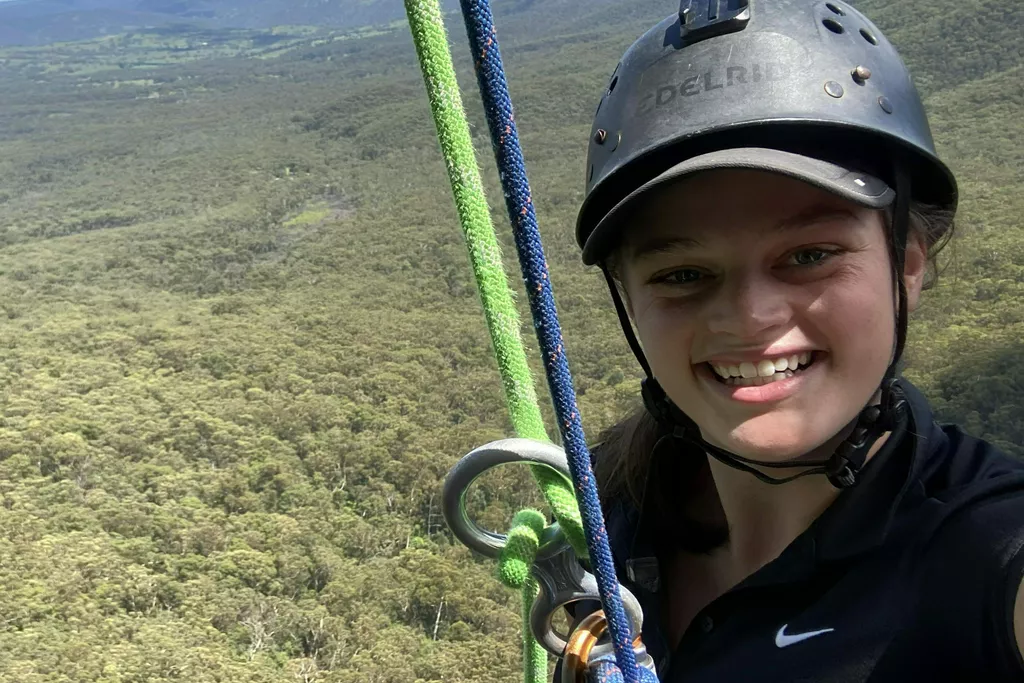
And Taylor is doing just that.
With the dream of becoming a lawyer specialising in intellectual property and technology law, Taylor is studying a double Bachelor degree in Law and in Politics and International Relations. She’s passionate about travelling, enjoys canyoning and wants to start a family one day.
But she still remembers with gratitude all the people who’ve helped and supported her along the way – from the nurses in Melbourne Children’s Hospital where she spent so much of her childhood, making every step of her terrifying journey exciting; to her lung specialist, who she called her ‘bubbles doctor’ as he would ask her to blow bubbles to check her lung capacity.
“My specialist medical team has been my saving grace. When I get married, my childhood cardiologist Dr Cooper will be at my wedding!”
Taylor’s adult care is now with HRI’s Dr Rachael Cordina. She supports Taylor’s outlook, which may one day include starting a family – a dream that, in the past, would have been denied to a congenital heart patient.
“With each question I have, Dr Cordina often replies, ‘If you really want to do it, we’ll make it work’. It would be in a safe environment, obviously, and keeping in mind my limits and all of that, but we'll make it work.”
It’s a meeting of the minds, with Taylor determined to be for the younger generation of heart kids what she didn’t have.
“As one of the oldest survivors of HLHS, it’s incredible to be in my position, but it’s also terrifying because there aren’t many people who are that person for me that I can look to and see what my future will look like."
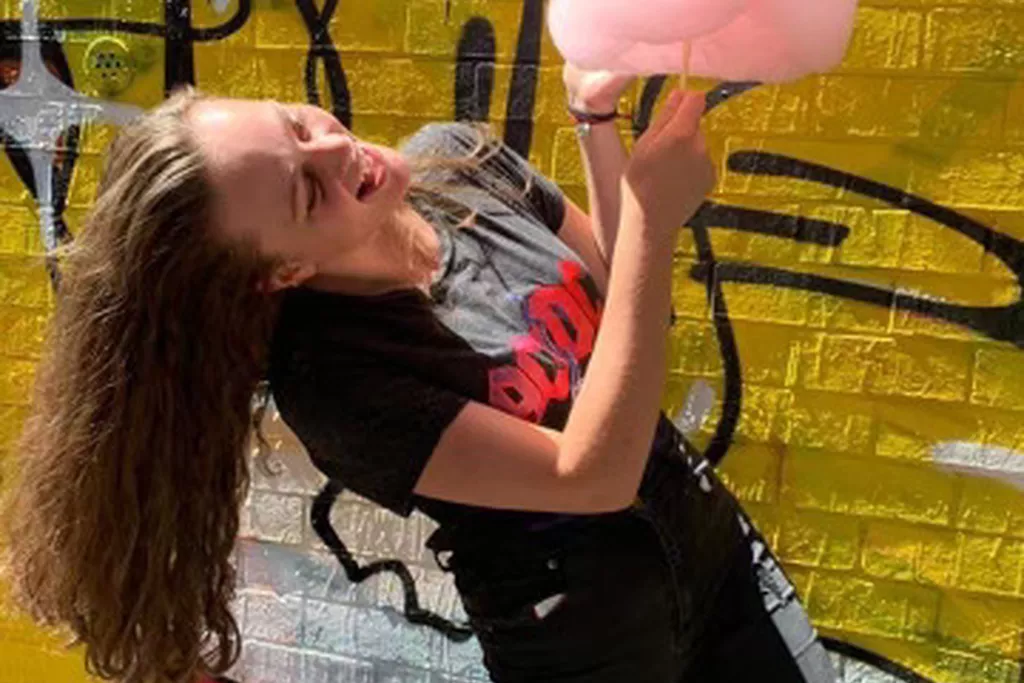
"If I can give even a little bit of hope to expecting mothers, or to young kids, or to teenagers, or to other people, in my situation, in other medical situations, just in everyday life – that life is actually so incredible – that makes everything worth it.”
Listen to Taylor's story
How is HRI helping?
The Clinical Research Group is working on several exciting projects that will help to transform – and save – the lives of people with congenital heart disease (CHD).
With the Congenital Heart Alliance of Australia and New Zealand (CHAANZ), the Group is creating a CHD register to maximise the quality of life for CHD patients by providing the best of care for their life journey, by identifying deadly gaps in the healthcare system. This will be the largest compiled database on CHD in the world and the only resource of its type in Australia.
The Group is also conducting the world’s first randomised controlled study into the benefits of exercise for people with CHD. This information will then be used to develop guidance that can be rolled out across all corners of Australia via hospitals and telehealth services – including to remote areas and Indigenous populations that are at higher risk of cardiovascular disease.
